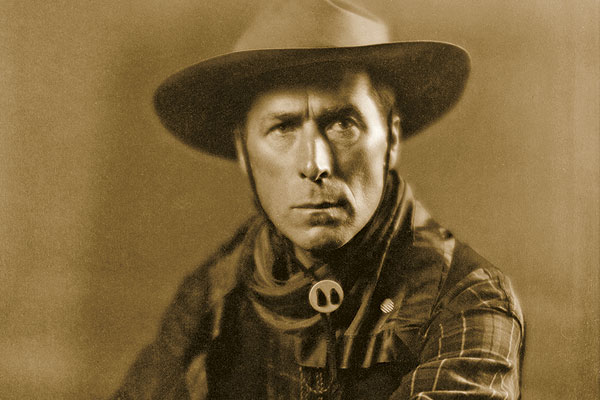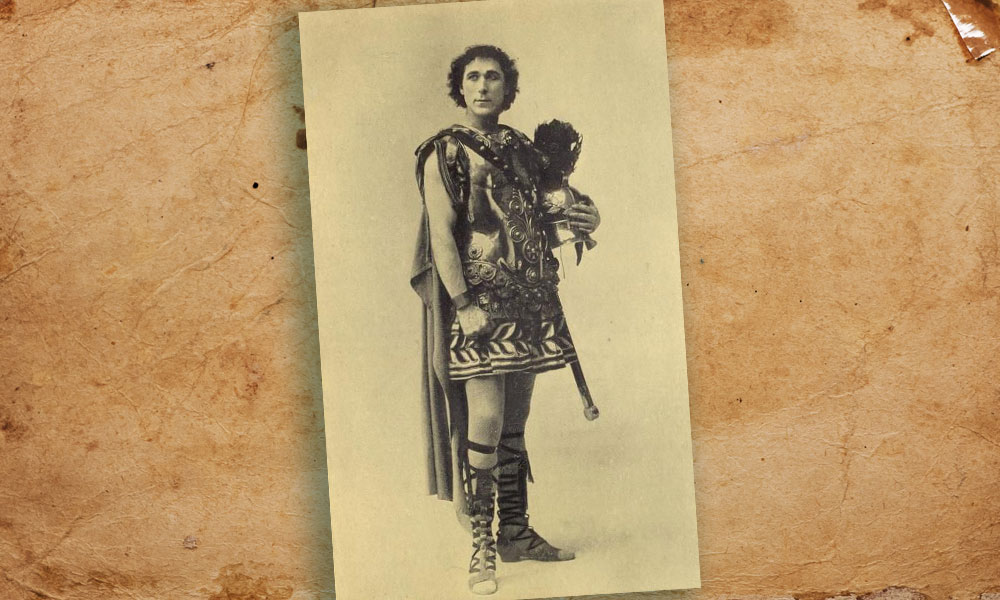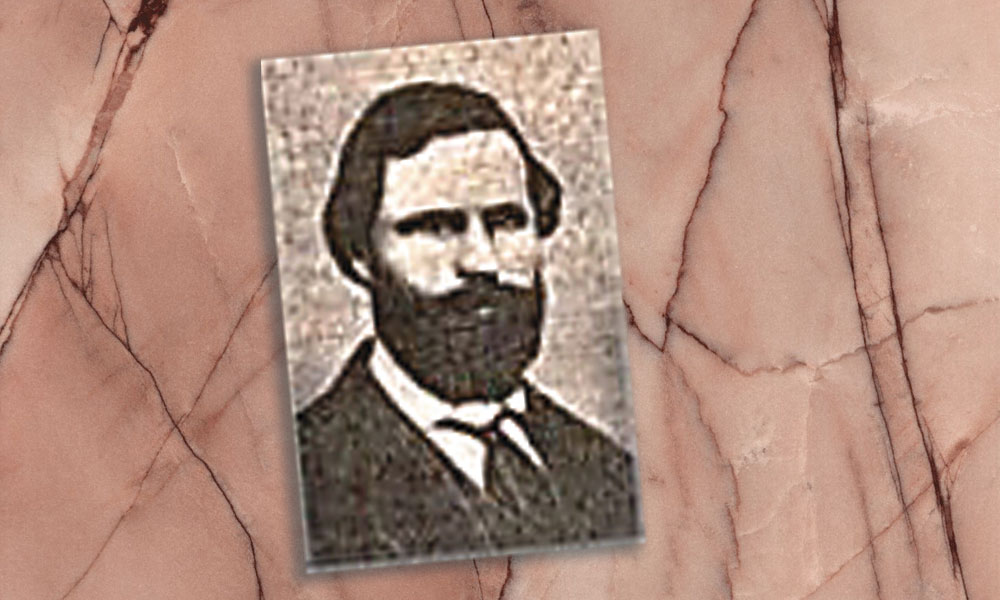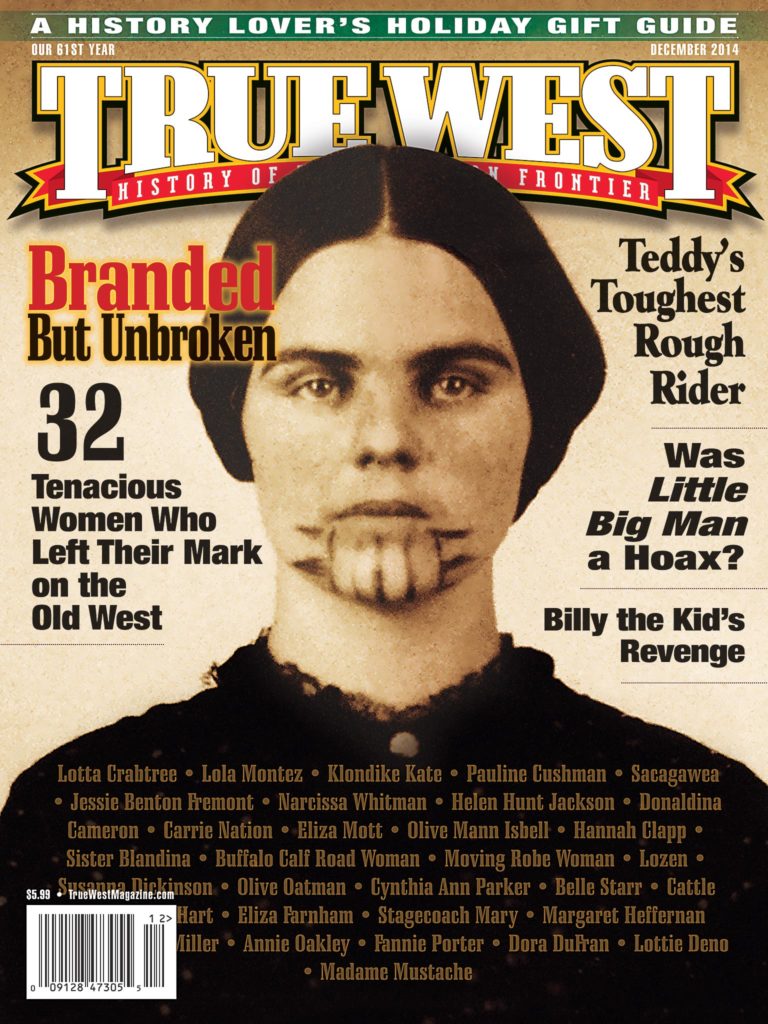 Born during the Civil War on December 6, 1864, in Newburgh, New York, William Surrey Hart was one of seven children of the first U.S.-born generation of his Irish immigrant mother and English-born father.
Born during the Civil War on December 6, 1864, in Newburgh, New York, William Surrey Hart was one of seven children of the first U.S.-born generation of his Irish immigrant mother and English-born father.
As a youngster, Hart fell in love with the West when his family lived in Dakota Territory. Young William rode bareback and played with the children of homesteaders and Sioux Indians until he was 15,when the family moved back East to city life—and work.
A towering presence at six feet two inches, with blue eyes and high cheekbones, Hart burst onto the stage making his debut at $12 a week with Daniel E. Bandmann’s theater. The actor soon performed on Broadway in Shakespeare plays, and then, in 1899, portrayed Messala in the traveling production of Ben-Hur. In 1907, he played this role in his first silent short film.
After seven more years on stage, Hart, at age 49, moved to Hollywood to begin his life’s Second Act—movies.
Americans were fascinated with moving pictures in darkened houses and quickly took to the “horse operas.”
Fascinated with the real heroes of the West, Hart befriended legendary lawmen Wyatt Earp and Bat Masterson, artist Charlie Russell and Buffalo Bill Cody. Hart said his films about the West were to capture “the very essence of national life and the history bound up in American citizenship.”
Working as a director, actor, screenwriter an d producer, Hart made 70 films over 11 years, achieving wealth and stardom as the “good bad-man” leading man.
His message was the power of redemption—his storytelling goal was gritty realism. Costumes and storylines were always accurate, and Hart employed Indians, saloon girls, gamblers and prostitutes as actors. In 1903, while Eastern audiences were watching Hart in The Great Train Robbery (filmed in New Jersey), train robberies were still occurring in the West.
In 1921, when he was 57 years old, he married film actress Winifred Westover, who was 35 years younger than Hart. They had a son, but separated after five months, leaving only a relationship in the courts. In 1925 after making Tumbleweeds, Hart retired, uninterested in acting in “talkies.”
On June 23, 1946, Hart died at 81 with son Bill, Jr. and former wife Winifred there. He left his beloved ranch in Newhall to his fans and to Los Angeles County to be maintained as a permanent park and museum. As he often said, “When I was making pictures, the people gave me their nickels, dimes and quarters. When I am gone, I want them to have my home.”
Want to know more about William S. Hart Sr.? Plan a visit to the William S. Hart Ranch and Museum in Newhall, CA. Check it out online at: HartMuseum.org.






